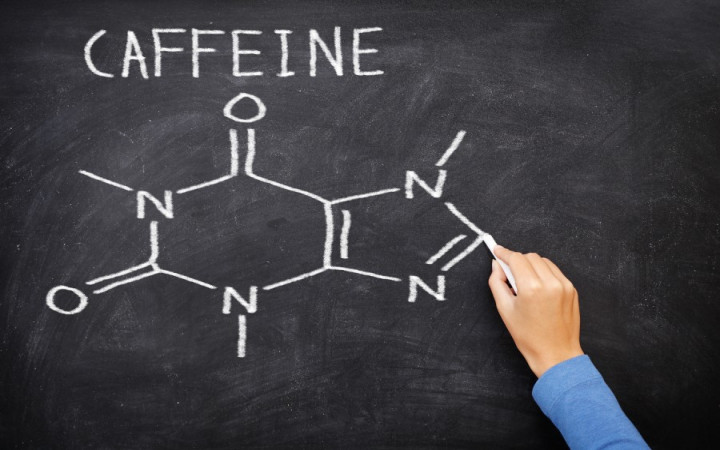You just finished playing outside for several hours in the hot sun. You're parched and can't wait for a tall cool drink to slake your thirst. You head to the refrigerator to grab an ice cold soda. You pop the top and slowly guzzle the bottle until all the fizzy goodness has made its way to your tummy.
After a hard day of play, you jump in the shower and then get ready to head to bed. Even though you exercised quite a bit, you're suddenly not so tired. You rest your head on the pillow, but you feel too energized to sleep. What's going on here?
You're likely feeling the energizing effects of the caffeine in the soda you drank earlier. Caffeine is a naturally-occurring stimulant that scientists classify as a drug. Unlike illegal drugs that can harm you, caffeine is legal and relatively safe when used in moderation.
When you drink something with caffeine, such as coffee or soda, the caffeine in the drink stimulates brain function and gives you a temporary boost in energy. In addition to coffee and soda, you'll also find caffeine in energy drinks, protein bars, certain pain medications, and even chocolate!
In addition to increased energy, caffeine has other benefits, including increased mental alertness and improved mood. Caffeine has also been linked with decreased risk of depression, prevention of stroke and certain cancers, and improved management of the symptoms of attention deficit hyperactivity disorder (ADHD).
With all of these benefits, you may be WONDERing why some people have such a negative attitude toward caffeine. If you're like most kids, you've probably been told by many adults to cut back on sodas and reduce your caffeine intake. You may have even been told that caffeine would stunt your growth. What's the deal?
Too much caffeine can definitely make you feel jittery. When you drink caffeine too late in the day, it can also interfere with your regular sleep patterns, leading to too little sleep and all the troubles that can generate.
If you consume caffeine on a regular basis, your body can become addicted to it. That means your body will crave caffeine on a regular basis. If you don't drink caffeine when your body wants it, you can have withdrawal symptoms, such as headaches, tiredness, and irritability.
So how much caffeine is too much? The American Academy of Pediatrics recommends that teens consume no more than 100mg of caffeine each day. That's equal to about one cup of coffee or soda.
By way of comparison, energy drinks can have twice or more the caffeine of a regular soda. And those energy shots that are supposed to give you five or more hours of energy? They can contain upwards of 200mg of caffeine — twice the amount you should have for an entire day!
As far as your growth goes, no need to worry! Caffeine does not stunt your growth. If you hear that claim, know that it's just an old wive's tale. Scientific studies have showed that caffeine has no effect on bone gain or bone density in growing teenagers.




